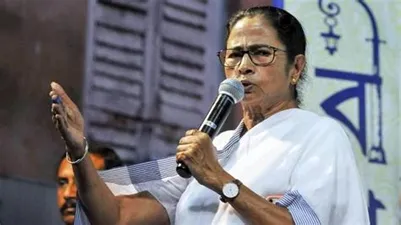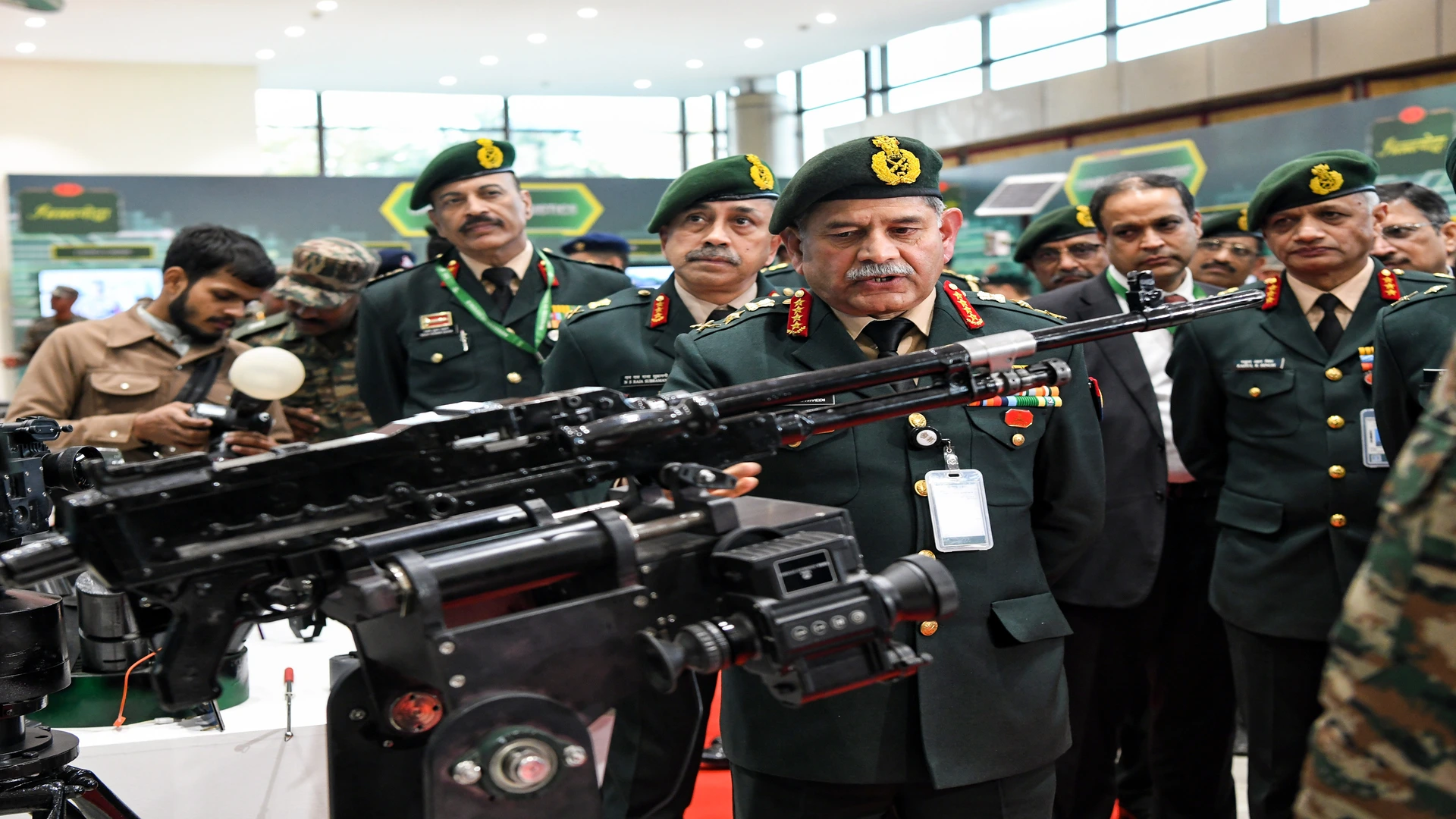
Rattled by reports that Adivasis, who form a significant chunk of the population in West Bengal, are getting increasingly angry due the activities of the West Bengal Government and the ill-treatment by local Trinamool Congress functionaries, the State Government has ordered its Special Branch of police to increase surveillance of Adivasi-dominated regions.
Intelligence personnel of the State Police have been tasked to send specific ground intelligence inputs in their reports to the Director-General, sources said.
Over the past fortnight, there have been multiple incidents of ill-treatment meted out to Adivasis in Bengal and retaliation in the form of protests by the community. Sources in the State administration said this step was necessitated by the repeated protests by different Adivasi organisations in the tribal-dominated areas of West Bengal in the run-up to the Panchayat elections expected to be held in the next two months. On Monday, the Adivasi Sengel Avijan called a strike to protest the recent incident in South Dinajpur›s Balurghat in which four Adivasi women were made to crawl for about 1 km after leaving the BJP to join the Trinamool Congress. Trinamool leaders had termed this dandawat parikrama as “an act of penance”. The videos of the act had gone viral and had led to widespread condemnation across the country. The Opposition BJP, whose West Bengal president Sukanta Majumdar is the member of Parliament from Balurghat, protested vehemently. In the face of mounting public criticism, the ruling Trinamool Congress replaced its district president with a tribal face which, however, failed to cut much ice with the enraged communities. The organisation›s district president, Mohon Hansda, alleged that the police was trying to cover up the incident. «The main culprit was not arrested,” he alleged. Agitators blocked NH12 in Malda for more than two hours. The stir affected Bamangola, Habibpur and Gazole sub-divisions in Malda and North Dinajpur›s Itahar, Raiganj and Karandighi regions. Public and private transport went off the road in Balurghat and markets stayed closed. In West Midnapore district, members of the Santhal community, under the banner of Bharat Jakat Majhi Pargana Mahal, on Monday locked Additional District Magistrates and some State officials inside the West Midnapore District Magistrate›s office to protest against the Kudmi demand for ST status. The organisers launched an in-definite gherao at the Jhargram DM›s office. The SDO and the district transport offices, located in this compound, could not function as a result. Earlier this month, two Kudmi community organisations had staged rail rokos at West Midnapore›s Khemasuli and Purulia›s Kustaur stations as well as a blockade on National Highway 6. In addition, tribals who fear eviction from their lands due to the West Bengal Government’s ambitious Deocha Pachami coal block mining project at Mohammad Bazar in Birbhum district staged a protest march to Raj Bhavan in Kolkata. Under the banner of the Adivasi Adhikar Mahasaba, they covered the 200-km distance on foot and handed over a protest memorandum to the Governor’s office at Raj Bhavan on April 14, the birthday of B.R. Ambedkar. In the memorandum, the Adivasi collective demanded a stop against the forcible acquisition of lands of tribals. There are around 12 villages in the project area with a population of more than 21,000 people, comprising Scheduled Castes and Scheduled Tribes. The State Government has announced that 13.7 square kilometers of land would be acquired to build the second-largest coal block of the world, and the largest coal block in the country, in the Deucha-Harinsingha-Dewanganj block. This area lies in the border area of Jharkhand and Bengal—the Santhal Parganas, that is predominantly inhabited by Adivasi communities. Tribal activists allege that the Mamata Banerjee Government that came to power after capitalising on the anti-CPIM and anti-land acquisition movements, is now trying to capture the land of the poor Adivasis in the Deocha region.















